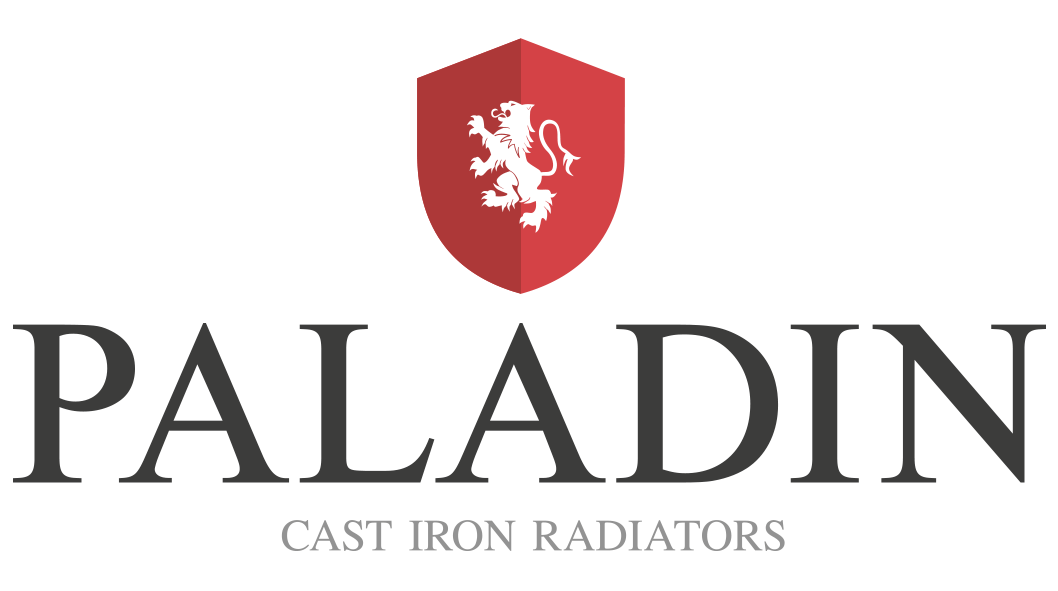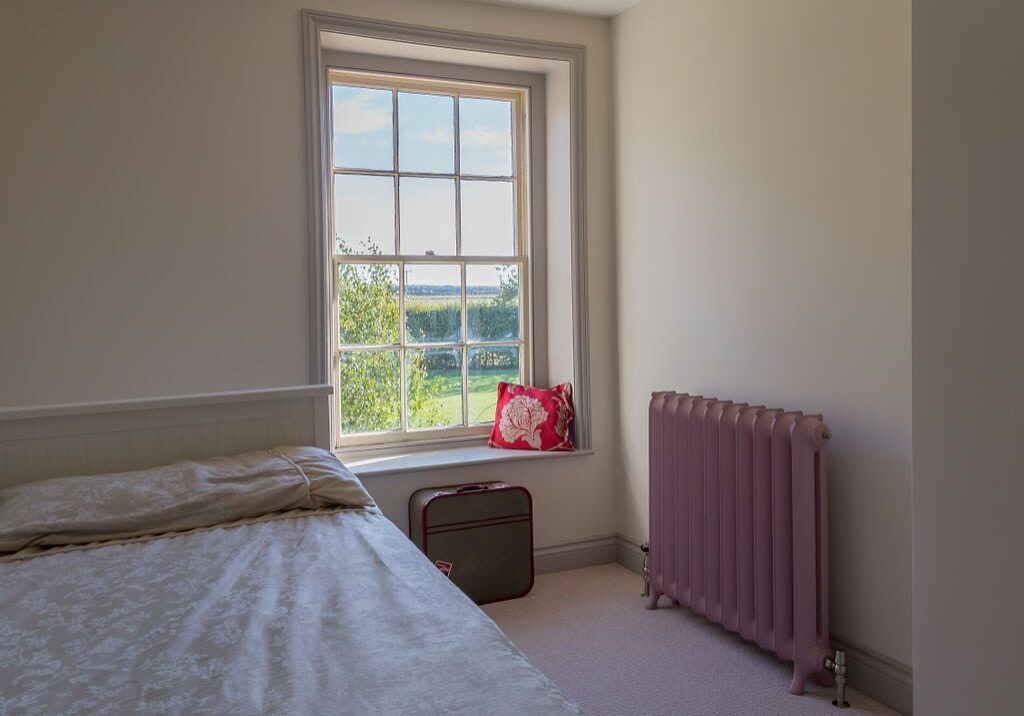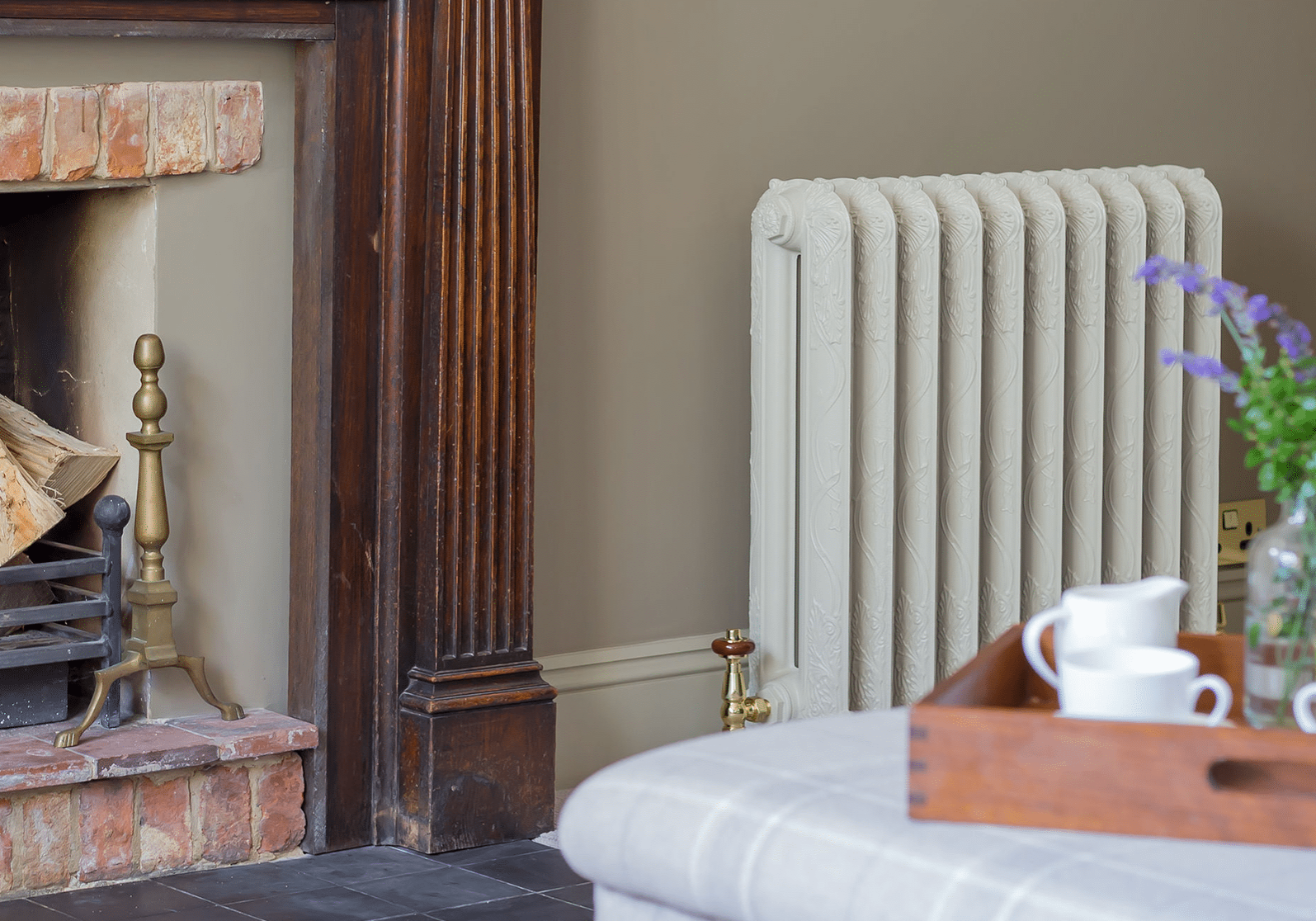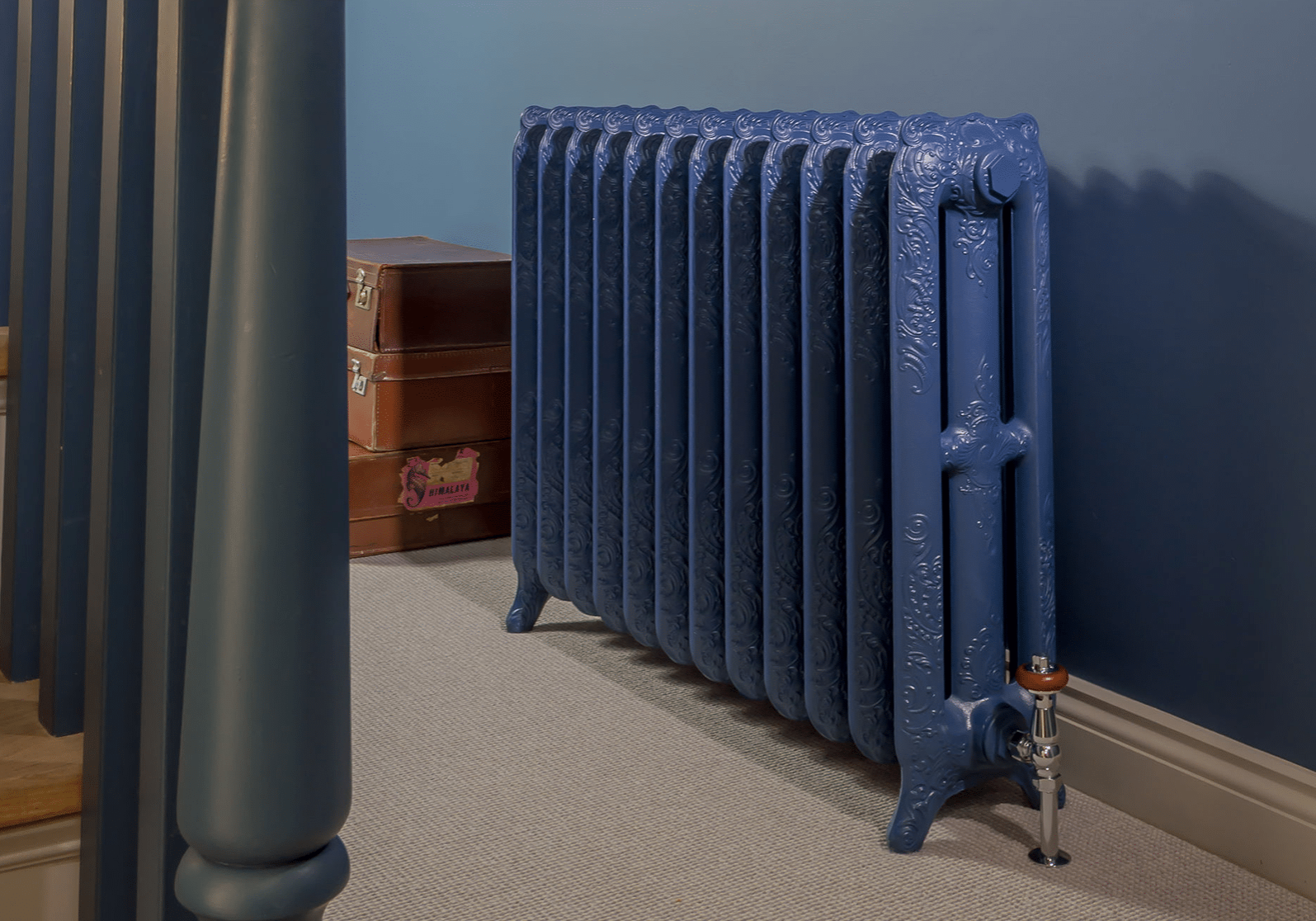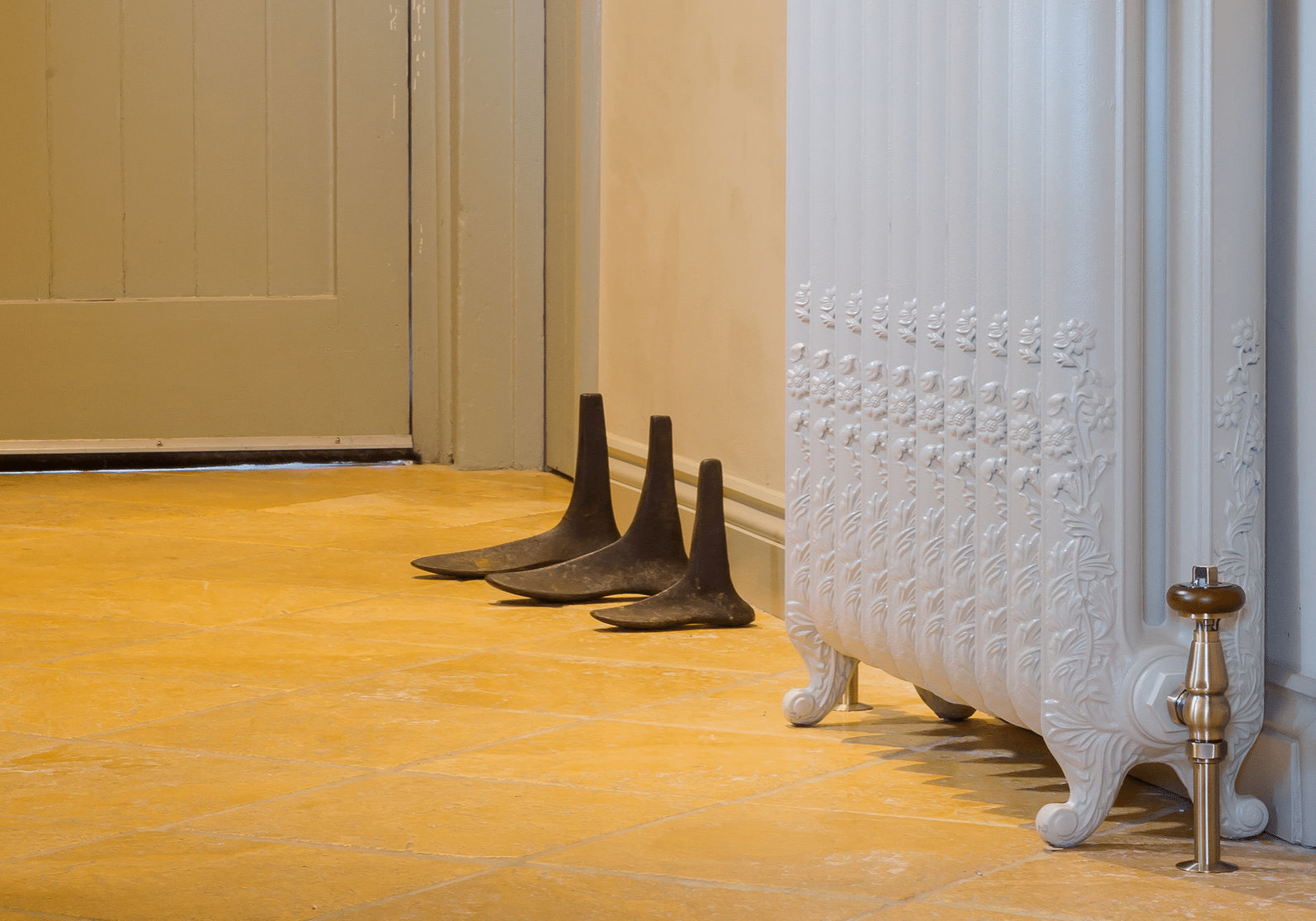Electric Radiator FAQ: Your Guide to Modern Heating
Electric radiators are transforming how we heat our homes, offering a modern alternative to traditional gas systems. But with this shift comes questions, and we’re here to provide the answers you need.
Whether you’re considering your first electric radiator or looking to expand your current system, this guide tackles the most frequently asked questions about electric heating. From running costs to installation requirements, we’ve got you covered.
1. How do electric radiators work?
Electric radiators convert electrical energy directly into heat through internal heating elements. When you switch on the radiator, electricity flows through these elements, which warm up and transfer heat to the radiator’s outer surface. This heat then spreads throughout your room using a combination of convection (warming the air) and radiation (direct heat transfer).
Electric radiators are 100% efficient at point of use, meaning every watt of electricity you pay for converts to heat.
2. Are electric radiators expensive to run?
This depends on several factors, but modern electric radiators can be surprisingly cost-effective.
Your running costs depend on:
- Your electricity tariff rate
- The size and insulation of your room
- How long you run the radiator
- The temperature you set
3) Are electric radiators safe for bathrooms?
Electric radiators can be used in bathrooms, but safety regulations apply. They should be located at least 60cm from a bathtub or sink. Many manufacturers produce bathroom-safe models with appropriate IP ratings.
For safety reasons, hard-wired installation is often preferred over plug-in models in bathrooms. Always consult a qualified electrician about bathroom installations.
4) How efficient are electric radiators compared to gas heating?
Electric radiators are 100% efficient at converting electricity to heat, while gas systems typically achieve 78% efficiency. Our elements are IP54 rated. Gas central heating loses around 22% of heat through combustion and pipe networks.
However, electricity currently costs more per unit than gas. The efficiency advantage helps offset this cost difference, especially when combined with smart controls and proper insulation.
5) Can electric radiators heat a whole house?
Yes, electric radiators can effectively heat entire homes. They work as standalone units in each room, giving you precise control over individual spaces. This room-by-room approach means you can heat only the areas you’re using, potentially saving energy compared to whole-house systems.
For whole-house heating, you’ll need to calculate the heat requirements for each room and select appropriately sized radiators. Professional heat loss calculations ensure you choose the right power output for effective heating.
6) What size electric radiator do I need?
Electric radiators’ wattage and physical size depend on the area size, room type, and insulation level. As a general guide:
- Small rooms (up to 10m²): 750-1000W
- Medium rooms (10-15m²): 1000-1500W
- Large rooms (15-20m²): 1500-2000W
- Very large rooms (20m²+): 2000W+
These are estimates only. Room height, insulation quality, window size, and external walls all affect your heating needs. Professional heat calculations provide the most accurate sizing.
7) Do electric radiators need maintenance?
Electric radiators require minimal maintenance compared to gas systems. Apart from occasional dusting, electric radiators don’t need regular maintenance. There’s no need for annual servicing, boiler maintenance, or system bleeding. This simplicity makes electric radiators particularly attractive for rental properties or holiday homes.
8) Are electric radiators environmentally friendly?
They’re eco-friendly when used with renewable energy sources like wind or solar power.
If your home has solar panels, electric radiators can run at minimal cost using your own clean energy. They produce no direct emissions and don’t require fossil fuel combustion.
9) How long do electric radiators last?
Quality electric radiators can last 15-20 years or more with proper care. Cast iron electric radiators will last even longer due to their robust material. The lack of moving parts and simple electrical components means electric radiators are generally very reliable. Choose reputable brands for the best longevity and performance.
10) What colours and finishes are available?
At Paladin Radiators, we specialise in bespoke finishes and can colour-match to your exact requirements. We even partner with Farrow & Ball to offer exclusive colour ranges, ensuring your electric radiator complements your interior design perfectly.
Ready to Transform Your Home Heating?
Electric radiators offer a modern, efficient, and controllable heating solution that’s perfect for today’s homes. Whether you’re renovating, extending, or simply looking for better heating control, electric radiators provide the flexibility and performance you need.
At Paladin Radiators, we combine traditional craftsmanship with modern heating technology. Our expert team can help you choose the perfect electric radiator system for your home, ensuring optimal comfort and efficiency.
Call us today at 01205 280354 to discuss your heating needs. We’re here to help you create a warmer, more comfortable home.
“I want to say thanks and how fantastic the radiators look along with the cast quality and the excellent painting and polishing finish. I now can’t wait to get them installed! Many thanks again for all your help and assistance.”
“Thank you for all your help, we will definitely recommend Paladin to anyone we know who is looking for cast iron radiators and will get in touch when we’re needing radiators for our ground floor.”
